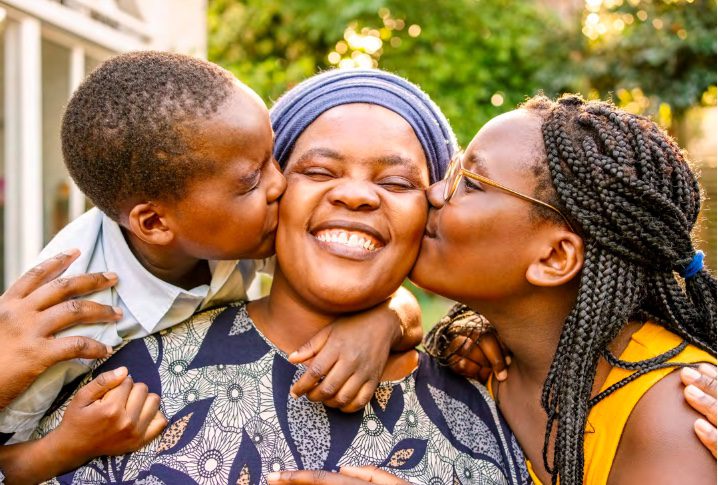
Gender Inequality in Family Laws in Africa: An Overview of Key Trends in Select Countries
Forward
It is my absolute pleasure to present our ground-breaking Report on the status of family law reform in Africa. The premise of this Report is simple. There can be no equality in society,without equality in the family. Yet discrimination in family law continues to be institutionalised in law, practice, and policy in many countries in Africa and the globe as established in the EqualityNow’s 2020, “Words and Deeds: Holding Governments Accountable in the Beijing +25 Review Process” (with a Special Focus on Family Law). This current Report provides insights into the African context by providing an overview of key trends in 20 countries selected based on geographical and language considerations.
The adoption of the Protocol to the African Charter on Human and Peoples’ Rights on the Rights of Women in Africa (the Maputo Protocol) and its entry into force in 2005 was a watershed moment for women in Africa as it contains robust and progressive protections of women’s rights. Currently, 45 of 55 African countries have ratified the Maputo Protocol, yet many of them have retained discriminatory family laws and policies in their statutes and practices. Family law discrimination in Africa is compounded by a range of challenges including the multiplicity of civil, customary, and religious family law systems due to legal pluralism; child marriage; barriers to registration and legal recognition of marriages; polygamy; marital rape and domestic violence; and unequal divorce,child custody, inheritance, and matrimonial property legal regimes.
The Report demonstrates that while there is progress in family law reform in the continent, it has been slow and inconsistent. Clawback clauses and actions water down the full impact of some of the progressive laws enacted. A few Member States continue to place reservations on Article 16 of the Convention on the Elimination of all Forms of Discrimination against Women (CEDAW) and Articles 6 and 7 of the Maputo Protocol on grounds of culture and/or religion. Indeed, culture and religion emerge as major impediments in the struggle for family law equality both in terms of stalling reforms and threatening the reversal of gains already made in critical areas such as the campaign to end child marriage and female genital mutilation.
The analysis of the trends in the selected countries shows that none of them has attained full legal equality in family law reform. Since discrimination does not happen in a vacuum, this Report features the lived experiences of affected women. It is thus our hope that this Report will be a critical data source informing legal, policy, and practice reforms to end sexism and discrimination in family law in the continent. The Report comes at an opportune time when the Africa Family Law Network (AFLN)currently convened by Equality Now, FEMNET, Musawah, and SIHA has been launched. EqualityNow and the AFLN will use the Report as an evidence repository and work with the policy and judicial organs of the African Union particularly the Special Rapporteur on the Rights of Women in Africa to influence change.
We wish you a happy reading as we look forward to meaningful changes in the lives and lived realities of African girls and women in accordance with Goal 5 of the 2030 Agenda and Aspiration 6 of Agenda 2063 of the African Union.
Patricia Amira, Chair, EqualityNowAfrica Board
